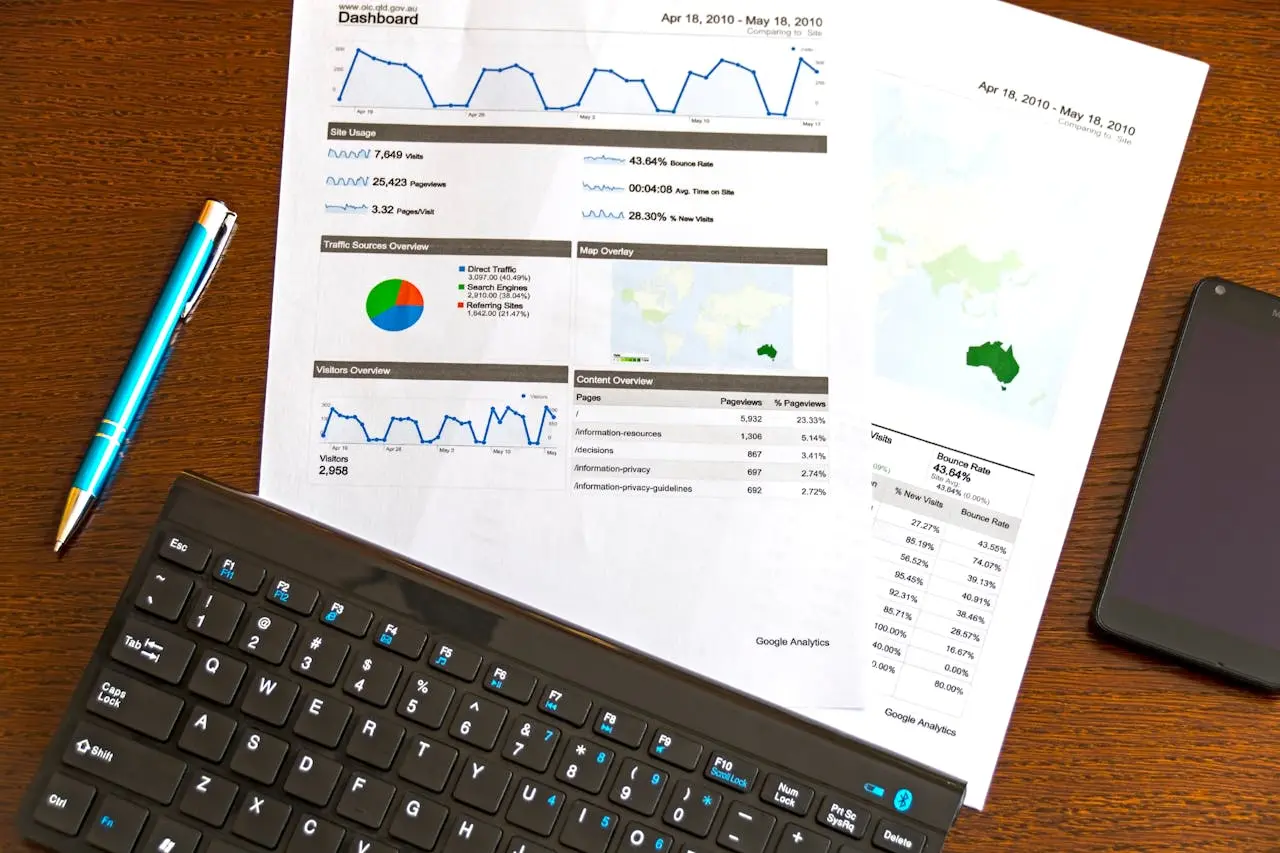Throughout the recent times, the role of a data analyst has transcended from being a support function to becoming the backbone of strategic decision-making for businesses across industries. As the volume and complexity of data continue to surge, the demand for skilled data analysts has skyrocketed. However, to thrive in today’s competitive job market, it’s imperative for aspiring data analysts to equip themselves with a comprehensive skill set that goes beyond mere number crunching. Here are some key skills that every data analyst should master:
Analytical Skills
At the core of data analysis lies the ability to dissect and interpret complex datasets to extract actionable insights. A data analyst should possess strong analytical skills to identify trends, patterns, and correlations within the data, thereby aiding informed decision-making.
Technical Proficiency
Proficiency in programming languages such as Python, R, and SQL is non-negotiable for data analysts. These languages empower analysts to manipulate and analyze data efficiently, perform statistical analysis, and build predictive models.
Data Visualization
Data visualization is the art of transforming raw data into visually appealing and comprehensible graphics. Tools like Tableau, Power BI, and matplotlib allow data analysts to create compelling visualizations that facilitate understanding and communication of insights to stakeholders.
Statistical Knowledge
A solid understanding of statistical concepts and techniques is indispensable for data analysts. From hypothesis testing to regression analysis, statistical knowledge enables analysts to derive meaningful conclusions from data and make data-driven decisions.
Domain Expertise
Data analysis is not just about numbers; it’s about understanding the business context in which the data operates. Data analysts should possess domain expertise in the industry they work in, enabling them to contextualize findings and provide relevant insights.
Machine Learning
While not a prerequisite for all data analyst roles, familiarity with machine learning algorithms can be a game-changer. Machine learning techniques empower analysts to uncover complex patterns in data, make accurate predictions, and drive innovation within organizations.
Database Management
Data analysts often work with large datasets stored in databases. Proficiency in database management systems like MySQL, PostgreSQL, and MongoDB is essential for retrieving, manipulating, and querying data efficiently.
Communication Skills
Effective communication is paramount for data analysts to convey their findings and insights to non-technical stakeholders. Data analysts should possess strong verbal and written communication skills to articulate complex ideas clearly and concisely.
Problem-Solving Abilities
Data analysis often involves tackling complex problems and overcoming challenges. Data analysts should possess strong problem-solving abilities to approach issues systematically, devise innovative solutions, and drive continuous improvement.
Attention to Detail
Data analysis requires meticulous attention to detail to ensure the accuracy and reliability of findings. From data cleaning to model validation, data analysts should pay close attention to every step of the analytical process to mitigate errors and biases.
In short, the role of a data analyst is multifaceted, requiring a diverse skill set that encompasses technical expertise, analytical prowess, and effective communication skills. By mastering these key skills, aspiring data analysts can position themselves as indispensable assets in today’s data-driven world and unlock a myriad of opportunities for career growth and advancement.

